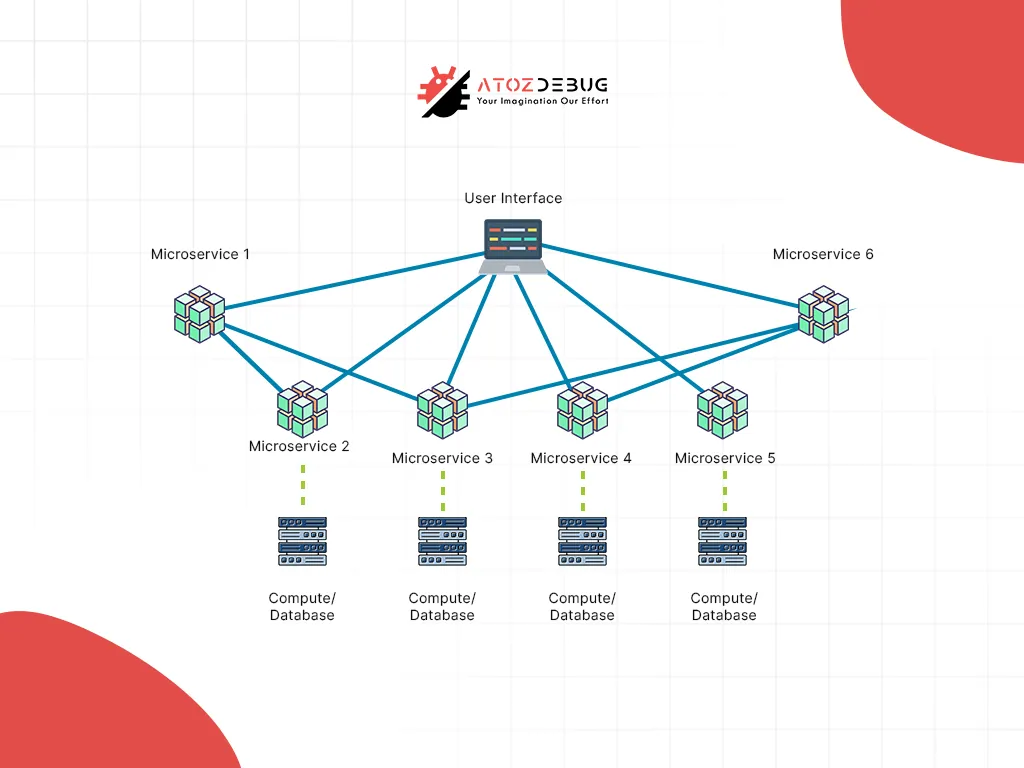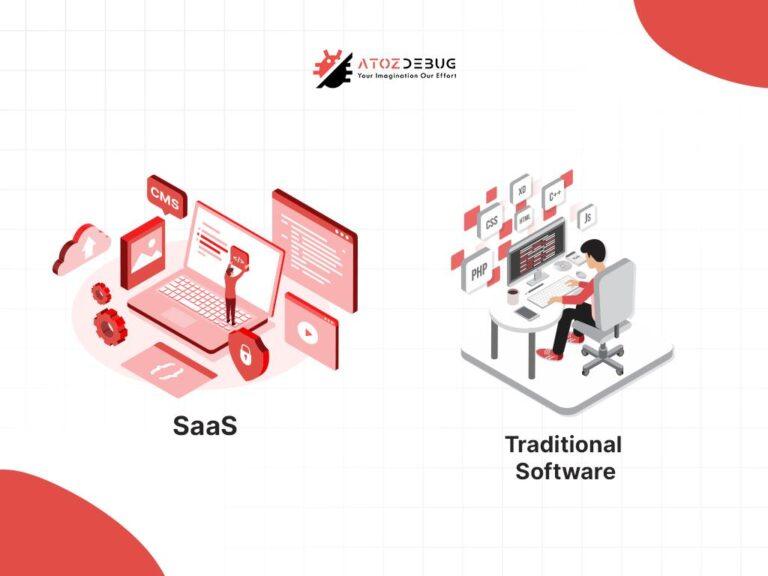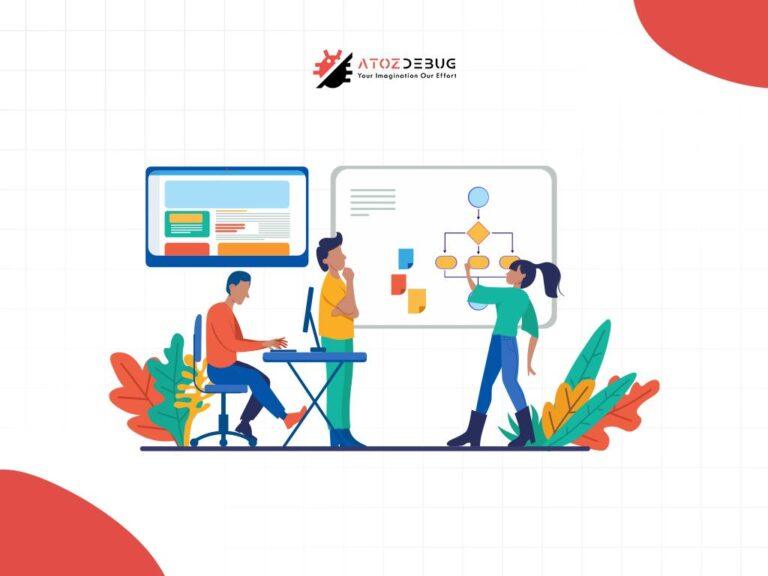The rise of cloud computing has made Software as a Service (SaaS) a top choice in the business world. It has become quite popular among businesses of all sizes because of its multiple benefits over traditional software.
But, the potential of SaaS extends far beyond easy access. With AI integration, it is evolving quickly, bringing intelligence and automation into these applications. From personalized recommendations to predictive analytics, AI in SaaS is making things more efficient and better.
The impact of this transformation is huge. As more SaaS companies add AI to their products, the demand for AI-powered SaaS solutions is growing day by day. In 2024, the AI SaaS market was valued at $71.54 billion; and by the year 2031, it is expected to reach $775.44 billion. It has been increasing with an impressive compound annual growth rate (CAGR) of 38.28%.
Continue reading to learn how AI is transforming SaaS applications, boosting efficiency enhancing security, and offering lots of conveniences.
How AI is Transforming SaaS Development (Applications)
Over the years, integrating AI-powered tools into SaaS platforms has made applications more intuitive and efficient. These tools analyze data, automate tasks, and improve decision-making.
For example:
- AI-driven analytics help businesses predict trends.
- Chatbots offer instant customer support.
- Workflow automation reduces manual errors.
By adding AI, SaaS platforms can do the following things efficiently:
1. Automation of Repetitive Tasks
One of the primary ways SaaS transforms businesses is through automation. AI-powered SaaS applications streamline repetitive processes like data entry, scheduling, and customer support. This allows teams to focus on strategic growth areas while improving accuracy and saving time.
2. Data-Driven Insights for Better Decisions
AI-powered SaaS applications are great at handling large amounts of data. They can find patterns and offer useful insights. For example, AI can suggest how much inventory to stock or predict customer behavior, helping businesses make better and quicker decisions.
3. Personalized User Experiences
AI integration into SaaS platforms enables advanced personalization. By understanding user preferences and behavior, businesses can offer services that fit individual needs. This makes customers happier, builds loyalty, and keeps them more engaged.
4. Accessibility for All Business Sizes
The combination of SaaS and AI makes advanced technology available to businesses of all sizes. Small and medium businesses can now use AI tools without spending a lot on infrastructure, which creates a fairer market and encourages innovation in different industries.
5. Enhanced Scalability and Cost Efficiency
AI-powered SaaS applications are designed to grow with businesses. As companies expand, these platforms seamlessly adapt to increased workloads without requiring significant investments in infrastructure. Plus, the pay-as-you-go model keeps things affordable, which allows businesses to use advanced AI tools while managing their budget wisely.
AI-Powered Solutions for Enhanced User Experience
Providing a great user experience is essential in SaaS. AI-powered tools are changing the game by making platforms more intuitive and easy to use. With machine learning, these platforms can study user behavior and preferences to offer features that feel personalized and user-friendly.
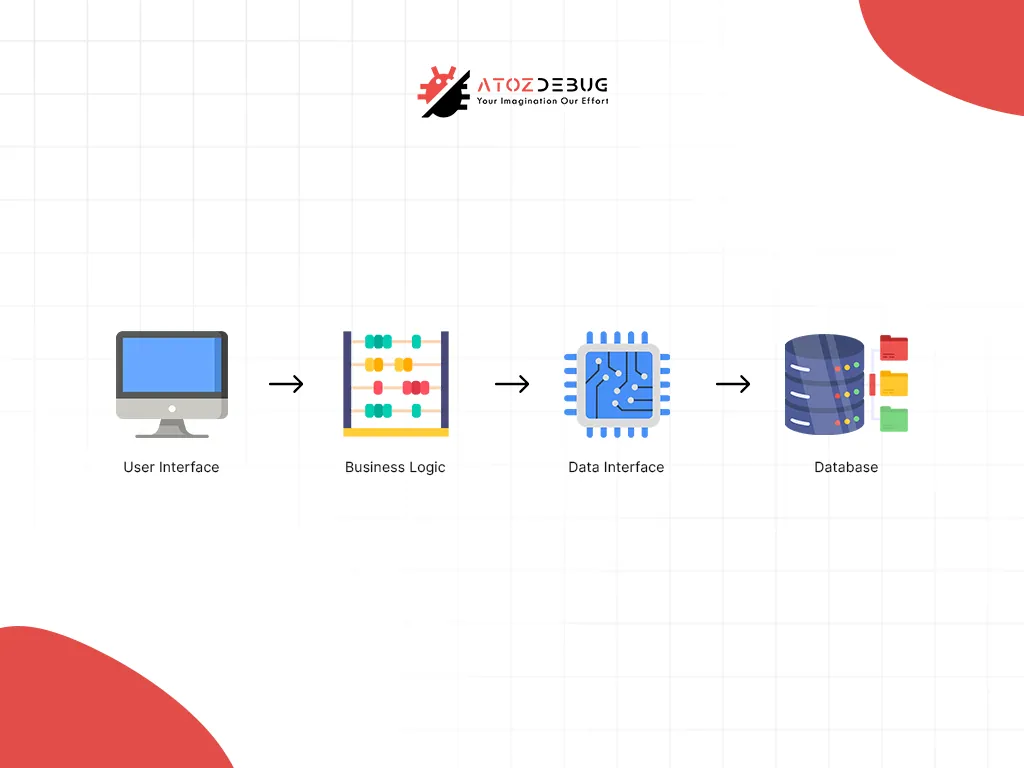
Here’s how AI enhances the user experience:
- Personalized Recommendations: AI analyzes user data to identify preferences and behaviors. It helps platforms offer suggestions based on individual needs. This makes it easier for users to find what they need quickly and boosts satisfaction.
- Enhanced Customer Support: Tools like AI-driven chatbots and virtual assistants offer instant, accurate responses to queries, reducing wait times. They provide 24/7 assistance, which makes sure users always have support when needed.
- Proactive Issue Resolution: AI-powered systems monitor performance in real-time, predicting and resolving potential issues before they affect users. This ensures uninterrupted service and builds trust with customers.
- Streamlined Workflows: By automating repetitive tasks, AI allows users to focus on more strategic activities. For example, automated reporting or intelligent scheduling saves time and improves productivity.
- Improved System Performance: Machine learning models optimize backend operations, such as server management and error detection. This ensures fast, reliable service and enhances the overall user experience.
These advancements empower users with smarter tools, which makes SaaS technology more impactful and engaging than ever before.
Boosting Efficiency with AI-Driven Tools in SaaS
AI-driven tools are helping improve SaaS workflows by automating tasks, simplifying operations, and enhancing productivity. Using technologies like cognitive automation, these tools provide efficient solutions for businesses and users alike.
Below are the ways how AI is boosting efficiency in SaaS:
1. Streamlining Data Management:
- AI simplifies data collection, processing, and analysis, turning raw information into actionable insights.
- Tools equipped with machine learning capabilities can clean and organize data automatically.
- This reduces manual intervention, speeds up processes, and improves data accuracy for better decision-making.
2. Improving Task Prioritization and Resource Allocation
- AI analyzes dependencies, deadlines, and workloads to help teams prioritize effectively.
- Tools like Trello use AI insights to detect bottlenecks and recommend actions.
- This ensures resources are allocated efficiently and deadlines are consistently met.
3. Enhancing Customer Support with Cognitive Automation
- Chatbots with natural language processing (NLP) handle up to 80% of routine customer inquiries.
- They provide instant responses, improving user satisfaction and reducing wait times.
- Human agents can then focus on more complex issues, increasing support efficiency.
4. Personalizing User Experiences
- AI-driven tools analyze user behavior to offer customized recommendations and insights.
- Personalized experiences enhance engagement, ensuring SaaS platforms feel intuitive and user-friendly.
- This fosters customer loyalty and long-term retention.
5. Driving Data-Driven Decision Making
- AI tools process vast amounts of data to deliver actionable insights in real-time.
- SaaS platforms can use predictive analytics to forecast trends, optimize pricing, and identify growth opportunities.
- This data-driven approach ensures businesses stay competitive and make informed decisions backed by concrete evidence.
Through these, AI-driven tools deliver better efficiency solutions in the SaaS industry. These innovations help businesses work smarter, simplify tasks, and do more with fewer resources.
Ensuring Data Privacy and Security in AI SaaS
As AI continues to transform SaaS platforms, maintaining strong data privacy and cloud security measures has become vital. With the increasing amount of sensitive information processed by these platforms, businesses must adopt proactive strategies to safeguard user data and maintain trust.
AI in SaaS brings advanced tools that monitor and secure data in real time.
- Machine learning algorithms detect unusual activities or potential threats, allowing businesses to act quickly and prevent breaches. These proactive measures reduce the risks of unauthorized access, ensuring that sensitive information remains secure.
- Data encryption is another significant feature of AI-powered SaaS platforms. Encrypting data both during transmission and storage prevents interception by malicious actors.
- Additionally, multi-factor authentication and strict access controls ensure that only authorized users can interact with critical systems.
- Regular updates and automated patch management also play a vital role in maintaining cloud security. AI tools streamline these processes, which keeps platforms up-to-date with the latest security protocols without disrupting operations.
- Transparency in data usage is equally important. AI-powered SaaS solutions have policies that let users know how their data is collected, stored, and used. This follows rules like GDPR and CCPA and helps build customer trust.
When businesses of any size focus on real-time monitoring, encryption, and compliance, AI-powered SaaS platforms deliver a secure environment. In a world with constant data threats, these solutions help protect sensitive information while supporting innovation and growth.
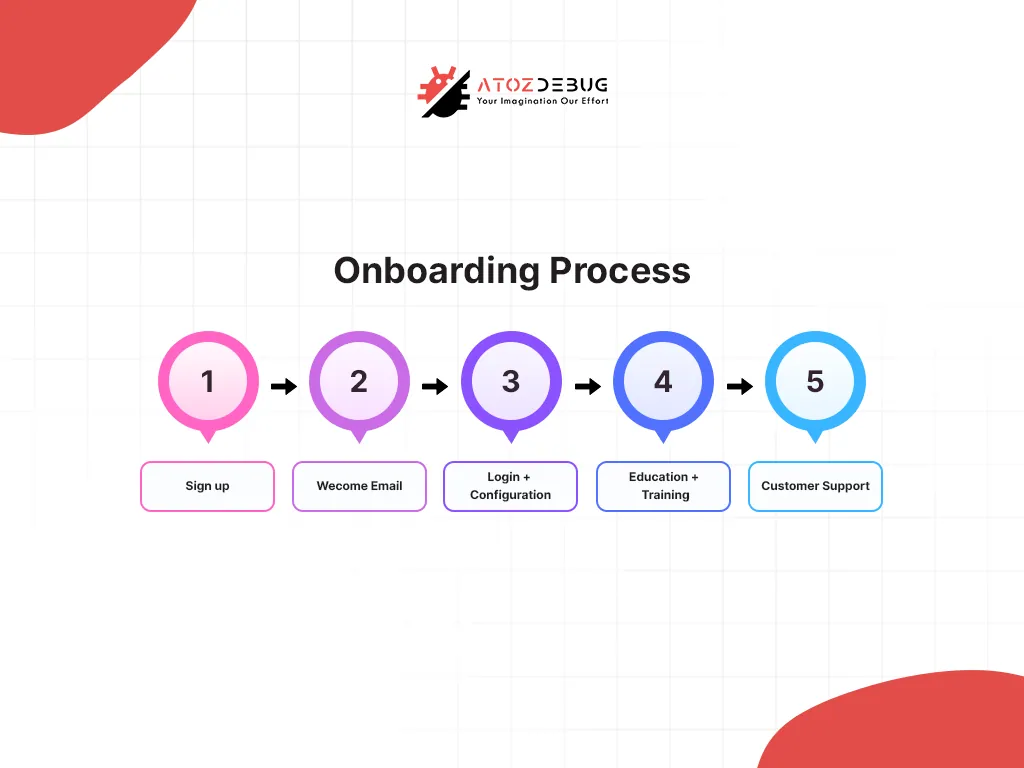
AI Models and Predictive Maintenance for Business Growth
AI models are successfully changing SaaS platforms into proactive tools that drive business growth through predictive maintenance and intelligent forecasting.
Personalized User Experiences
AI-powered SaaS platforms analyze customer behavior and preferences to deliver personalized user experiences. By using machine learning algorithms, these solutions suggest relevant features, optimize workflows, and enhance user satisfaction.
For example, CRM tools use AI to recommend actionable insights based on customer interactions. This eventually promotes stronger client relationships.
Predictive Maintenance for Reliability
AI models integrated into SaaS applications ensure predictive maintenance, reducing operational disruptions. These algorithms monitor system performance in real-time, identifying anomalies before they convert into problems.
Businesses benefit from minimized downtime and consistent service delivery. This boosts the overall productivity of business operations and builds customer trust.
Data-Driven Decision Making
AI-powered SaaS platforms help turn raw data into useful insights. They analyze past and current data, allowing businesses to understand market trends, customer needs, and how to use resources wisely. This allows companies to optimize their strategies, whether for marketing campaigns, supply chain management, or financial planning.
Enhanced Scalability
AI in SaaS helps applications grow smoothly with businesses. It studies usage patterns and adjusts resources to keep performance steady, even during busy times. This means businesses can expand without worrying about technical challenges.
Incorporating AI models into SaaS development empowers businesses to anticipate challenges, and make strategic decisions with confidence. The result is enhanced business growth and long-term success in a competitive market.
Challenges of integrating AI into SaaS platforms
Let’s be honest—AI sounds great on paper, but is it really that hard to get it working on your SaaS platform? This is where things get tricky. Every company that moves into AI integration faces a few predictable hurdles.
Your data might not be ready
AI is only as good as the data you give it. Most companies discover that their data is a lot messier than they thought—missing records, out-of-date information, and anomalies everywhere. You have to seriously invest in cleaning up your data pipeline, and it’s an ongoing struggle that requires constant attention.
The cost is higher than you think
Building out AI capabilities means hiring expensive people, investing in infrastructure, and spending time experimenting with uncertain returns. For smaller SaaS companies, this can be a financial decision that’s hard to justify at first.
Regulatory compliance gets complicated
Adding AI to customer data creates new compliance hassles with GDPR, CCPA, and other regulations that weren’t written with AI in mind. Your systems must be transparent, auditable, and secure—not just to avoid fines, but also to maintain customer trust.
Bias is embedded in your historical data
AI learns from your existing data, which means it maintains the biases already built into your systems. If your historical data shows inappropriate patterns, your AI will repeat them. Fixing this requires constant monitoring and adjustments, not just a one-time solution.
Good AI talent is hard to find
Everyone wants AI experts, but there aren’t enough experienced professionals available. The lack of talent drives up salaries and makes it difficult to build strong teams. Even when you hire good people, retaining them is another challenge because they have their own options.
Conclusion
The integration of artificial intelligence in SaaS development is transforming the way businesses operate and grow. AI makes SaaS platforms smarter, safer, and able to grow with ease. By adding AI, businesses can offer personalized experiences, predict future trends, automate tasks, and fix issues before they even happen.
AI also helps keep data safe and secure, which is more important than ever. In short, if your businesses want to stay ahead, using AI isn’t optional. Now, it has become essential. From making UX better to boosting efficiency and improving security, AI offers endless possibilities.
So, if you’re ready to transform your SaaS platform to the next level, now is the perfect time to adopt this transformative technology. Reach out to us and explore AI in SaaS solutions today.
Frequently Asked Questions (FAQs)
Q1: How does AI benefit SaaS applications?
AI adds intelligence to SaaS platforms by automating processes, delivering personalized experiences, and improving decision-making with data insights.
Q2: What industries use AI-powered SaaS the most?
You’ll find AI in SaaS platforms across a lot of industries—healthcare, finance, education, marketing, retail—you name it. If a business uses data, chances are AI can help.
Q3: Is AI integration expensive for SaaS companies?
It used to be, but things have changed. Thanks to cloud-based services and no-code platforms, it’s now much more budget-friendly—even for mid-sized businesses.
Q4: What tools do developers use to build AI in SaaS?
There’s a wide range. Some of the most popular tools include TensorFlow and PyTorch for machine learning, GPT for language tasks, and Google AutoML for easier model training.
Q5: Can AI really make SaaS apps better for users?
Definitely. With things like AI-powered chatbots, smart recommendations, and predictive features, users get a faster, more helpful, and overall better experience.
References

